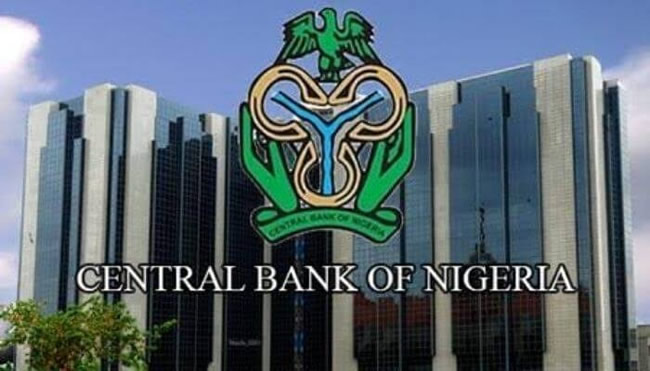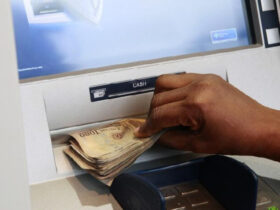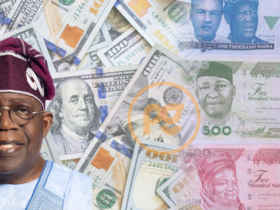
The Central Bank of Nigeria (CBN) has disclosed a significant decrease of $520.22 million in the country’s external reserves over a span of five weeks.
According to data provided by the CBN, the reserves, which began at $37.07 billion on January 3, 2023, dwindled to $33.237 billion as of September 29, 2023.
Governor Olayemi Cardoso, addressing the Chartered Institute of Bankers of Nigeria’s 58th Annual Bankers’ Dinner and Grand Finale of the Institute’s 60th anniversary in Lagos, highlighted the impact of declining crude oil production on Nigeria’s economic diversification.
He expressed concern about the simultaneous decrease in government revenue and foreign exchange inflows, coupled with a rise in public expenditures and a deterioration in macroeconomic indicators.
READ ALSO: JUST IN: CBN Suspends Charges On Cash Deposits Above N500k Until April 2024
Cardoso stated, “This has led to a decline in government revenue and foreign exchange inflows, while simultaneously witnessing a growth in public expenditures and a deterioration in macroeconomic indicators, which has constrained our policy options.
“Consequently, we have seen the fiscal deficit and public debt increase, placing additional strain on external reserves and contributing to exchange rate instability.
“A thorough assessment of the economy revealed significant challenges, including high and rising inflation, inadequate foreign exchange supply, depreciation of the exchange rate, limited external reserves, weakened output, and high unemployment.”
These challenges, he added, had led to increased interest rates, discouraging investments in productive activities.
According to the CBN governor, high inflation had affected asset quality and solvency ratios within the banking system.
”Additionally, the persistent depreciation of the naira poses a significant risk for domestic banks with foreign exchange exposures.
“The removal of petrol subsidy and the adoption of a floating exchange rate, among other government policies, are anticipated to have positive effects on the economy in the medium-term.
“These measures are expected to enhance investor confidence, attract capital inflows, stimulate domestic investment, and ultimately improve the level of external reserves,” Cardoso disclosed.








Leave a Reply